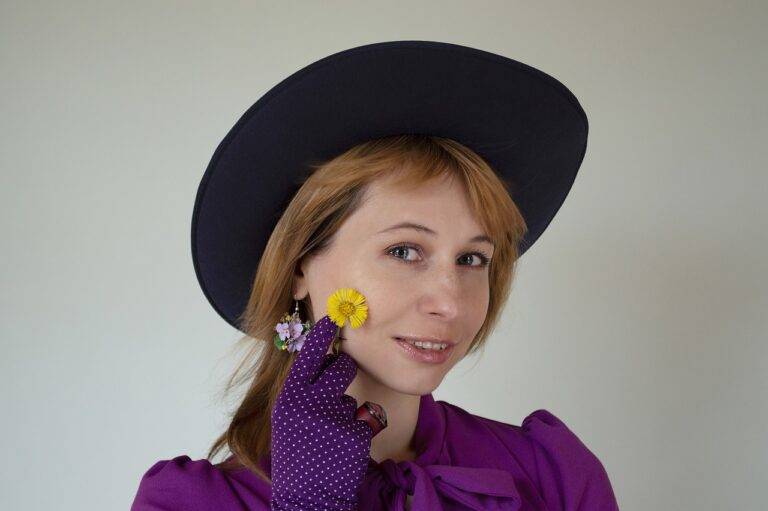The Role of Tea in Religious Ceremonies: Symbolism and Spiritual Significance: 11 x play login, India24bet, Skyfairs signup
11 x play login, india24bet, Skyfairs Signup: Tea has been an integral part of various religious ceremonies and rituals for centuries, playing a significant role in symbolizing spiritual beliefs and values across different cultures and traditions. From Buddhist tea ceremonies in Japan to healing ceremonies in Native American cultures, the act of preparing and sharing tea holds deep spiritual significance and serves as a symbol of harmony, respect, and connection with the divine.
Tea has long been associated with mindfulness and meditation practices, making it a natural fit for religious ceremonies that emphasize introspection and spiritual connection. In many traditions, the act of preparing and serving tea is considered a form of meditation in itself, requiring focus, patience, and intentionality. The slow, deliberate movements involved in pouring tea are seen as a way to cultivate mindfulness and appreciation for the present moment, allowing participants to center themselves and connect with a higher power.
Tea is also often used as a symbol of purity and harmony in religious ceremonies. In Chinese and Japanese cultures, tea is considered a sacred plant with the power to bring balance and tranquility to the body and mind. The act of sharing tea with others is a way to foster unity and create a sense of community, reflecting the belief that we are all interconnected and dependent on each other for spiritual growth.
In some traditions, the type of tea used in religious ceremonies holds special significance. For example, in Tibetan Buddhism, butter tea is a staple in daily rituals and offerings to deities. The rich, creamy beverage symbolizes prosperity and abundance, reinforcing the belief in the power of generosity and kindness in spiritual practice.
Tea ceremonies can also serve as a way to honor ancestors and spiritual leaders. In many cultures, tea is offered as a gesture of respect and gratitude to those who have passed on, allowing participants to connect with their roots and draw on the wisdom of the past. By sharing tea with ancestors and deities, practitioners seek to cultivate a deeper understanding of their place in the world and their spiritual journey.
Overall, the role of tea in religious ceremonies is multifaceted, serving as a powerful symbol of spirituality, connection, and reverence for the divine. Whether used to foster mindfulness, promote unity, or honor the past, tea plays a vital role in bringing people together in shared devotion and contemplation.
FAQs:
1. What is the significance of serving tea in religious ceremonies?
Serving tea in religious ceremonies symbolizes mindfulness, harmony, and connection with the divine. It is a way to foster unity, show respect, and honor spiritual beliefs.
2. What types of tea are commonly used in religious ceremonies?
Different cultures and traditions use various types of tea in religious ceremonies, such as green tea, herbal tea, and ceremonial tea blends. The choice of tea often depends on the specific spiritual beliefs and practices of the community.
3. How does preparing and sharing tea promote mindfulness?
The act of preparing and sharing tea requires focus, patience, and intentionality, making it a form of meditation in itself. The slow, deliberate movements involved in pouring tea help participants cultivate mindfulness and appreciation for the present moment.







